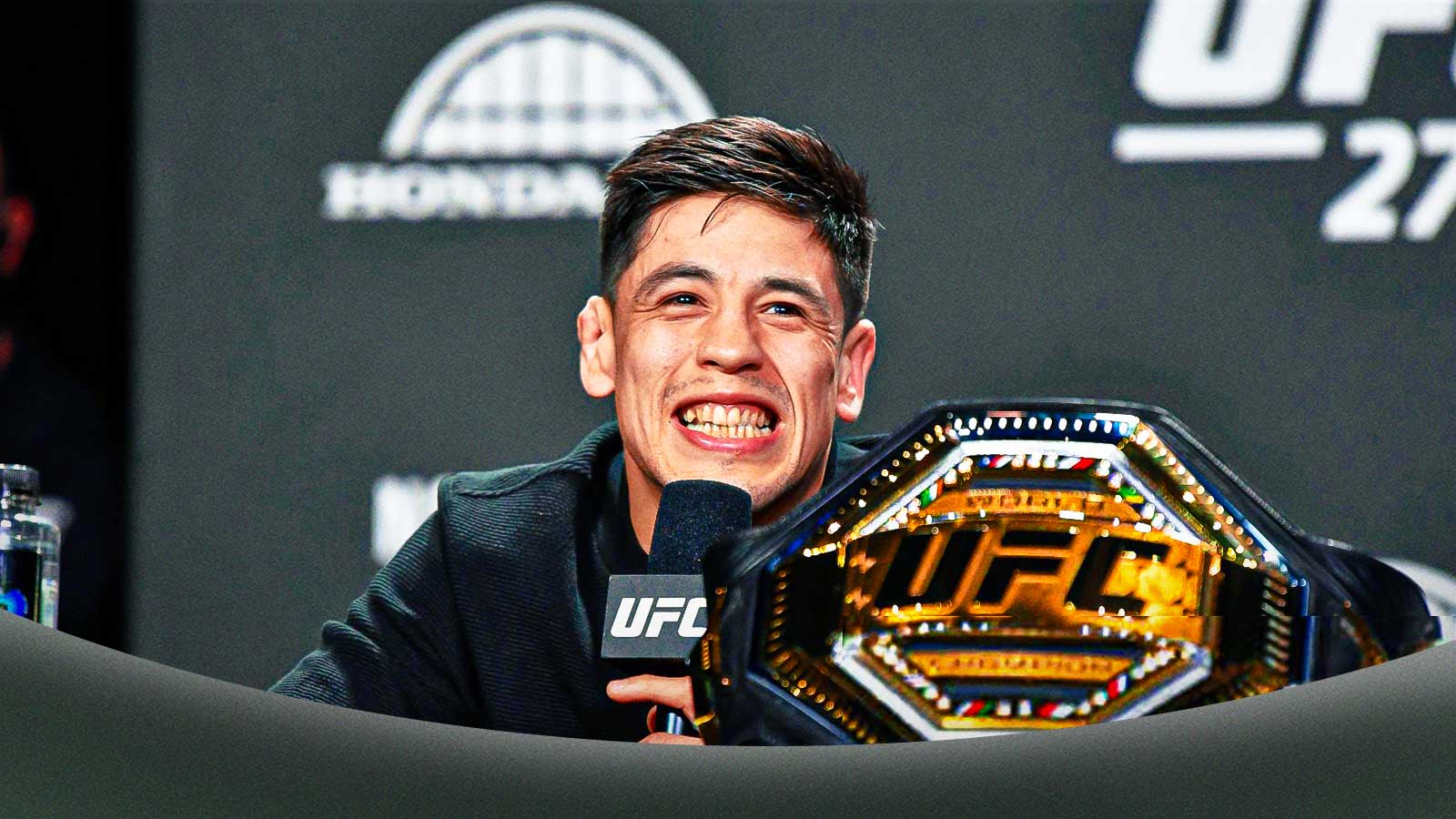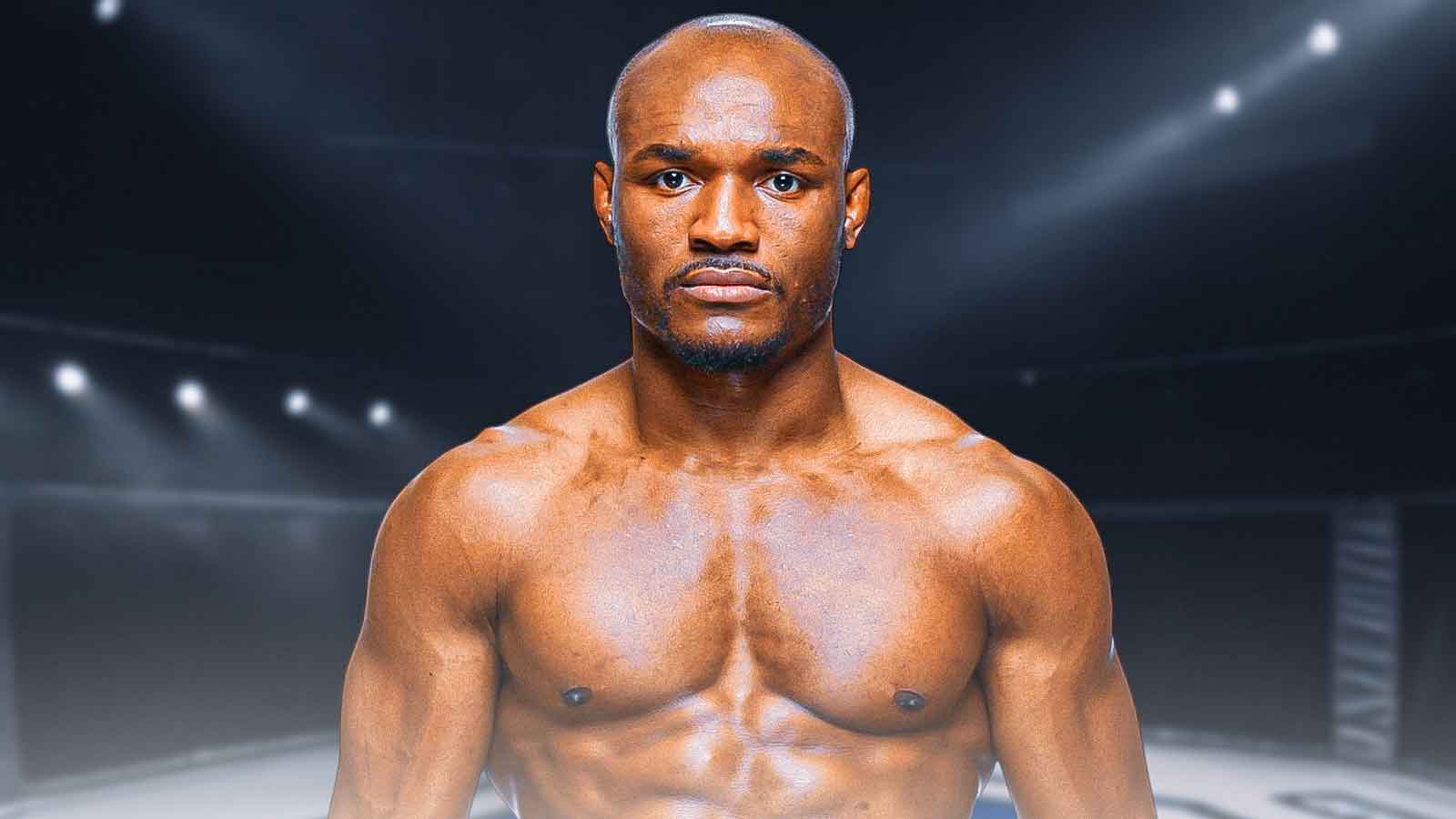Brian Ortega has broken his silence after a harrowing weight miss at UFC Shanghai, shedding light on just how dangerous his fight week became. The featherweight contender revealed that his body completely shut down during the cut, forcing him to confront the seriousness of competing under extreme conditions. His retelling highlighted both the physical toll and the emotional weight he carried while making the decision to still step inside the Octagon.
Brian Ortega passou mal durante o corte de peso, foi hospitalizado e fez uso de soro. Mesmo assim, o atleta voltou, agora a luta co-principal do FN China será no peso-combinado até 69.4kg.
Ortega, que há tempos falava em migrar pro peso-leve, agora não vai ter outra alternativa. pic.twitter.com/qhxBECd7JJ— Sexto Round (@sextoroundmma) August 22, 2025
The longtime title contender is no stranger to adversity, having come back from injuries, layoffs, and high-pressure bouts against elite opposition. But the way Ortega described this latest ordeal paints a picture of a fighter reaching his physical limit—a reminder of the razor’s edge fighters walk when cutting weight.
Brian Ortega’s Harrowing Account
Detailing the events during a weight-cutting session, Ortega explained that his body simply shut off. “I hit 20 minutes on the bike. Once I got off I went unconscious,” Ortega revealed, explaining that he was unresponsive for about half an hour. That moment underscored the extreme stress weight cuts can exert on athletes who are pushing themselves against their body’s natural limits.
Brian Ortega speaks for the first time following his weight miss at #UFCShanghai
“I hit 20 minutes on the bike. Once I got off I went unconscious. I was unconscious for about 30 minutes…
[Aljamain] said ‘they already have a replacement fighter, don't worry about it'. I told… pic.twitter.com/mFs8Jl7F7q
— Championship Rounds (@ChampRDS) September 9, 2025
Ortega also acknowledged advice from Aljamain Sterling, who reassured him about a replacement being available. However, Ortega insisted on pushing forward. “I told him, ‘nah, I don’t want to waste your time,’” Ortega recalled. That decision ultimately placed him in the position of choosing between protecting his health and living up to the expectations of fans and family.
After trying to rehydrate and recover throughout the day, Ortega admitted his body continued resisting him. “Just walking outside I almost passed out and fainted,” he said. Still, despite his condition, Ortega pushed through, noting that his primary motivation was supporting his family—as well as honoring the paying fans who expected to see him fight.
The ordeal shows the dangerous balancing act behind professional MMA. Fighters often pride themselves on mental toughness, but when the body simply refuses to cooperate, the decision becomes not just about performance but about safety.
A Bigger Conversation About Weight Cutting
Ortega’s raw honesty brings the broader weight-cutting conversation back into focus. Combat sports have long faced criticism for outdated methods and unsafe practices that place athletes at severe risk. While some fighters manage to make drastic weight cuts without outward consequence, cases like Ortega’s illustrate the life-threatening gamble inherent to the process.
In recent years, MMA promotions have attempted reforms to protect fighters, including stricter medical monitoring and early weigh-ins to allow more recovery time. Still, horror stories emerge consistently, with fighters collapsing backstage or requiring hospital visits after botched cuts. Ortega’s willingness to go public with his frightening near-collapse may add fuel to ongoing calls for systemic change.
UFC fighter Julija Stoliarenko fainted on the scale moments ago during the weigh-ins. She was transported on a stretcher afterwards. No official word yet on her condition. pic.twitter.com/QnA4ofeq6L
— Ariel Helwani (@arielhelwani) March 19, 2021
This is not Ortega’s first career setback, but it might be one of his most eye-opening. Known for his never-quit mentality inside the cage, Ortega has endured broken bones, surgeries, and grueling defeats without complaint. The difference this time is the vulnerability he showed in admitting just how close he was to shutting down entirely.
For fans, his explanation helps contextualize the visible exhaustion and struggles that played out in real time at UFC Shanghai. For fellow fighters, it’s a sobering reminder of the price many pay just to make it to fight night—often before a single punch is thrown.
Moving forward, Ortega will have to reassess how he approaches his career. Whether that means moving up a division, adjusting his preparation, or reconsidering the long-term toll, the decisions ahead will weigh heavily. Fans still admire the grit that led him into the cage in Shanghai, but safety and longevity may now take center stage in his journey.
Brian Ortega’s words captured the spirit of a fighter torn between his body’s warning signs and his duty to those who support him. “First and foremost I decided to fight for my family… secondly, I fought for you guys,” he wrote. It was a candid glimpse at the sacrifices fighters make, often hidden behind the glamour of the big stage.
In many ways, Ortega’s story is one of both caution and inspiration. It warns of the dangers lurking in extreme weight cuts, while also showing the depth of commitment fighters feel toward their loved ones and fans. As he recovers and evaluates what comes next, Ortega leaves the sport with a new question to confront: how many more times can he walk that fine line and still emerge standing?
At UFC Shanghai, Ortega may not have left with a victory, but his testimony after the ordeal has left a lasting impression. His words shine a light on a hidden side of the sport—and one that may need addressing sooner rather than later.




















